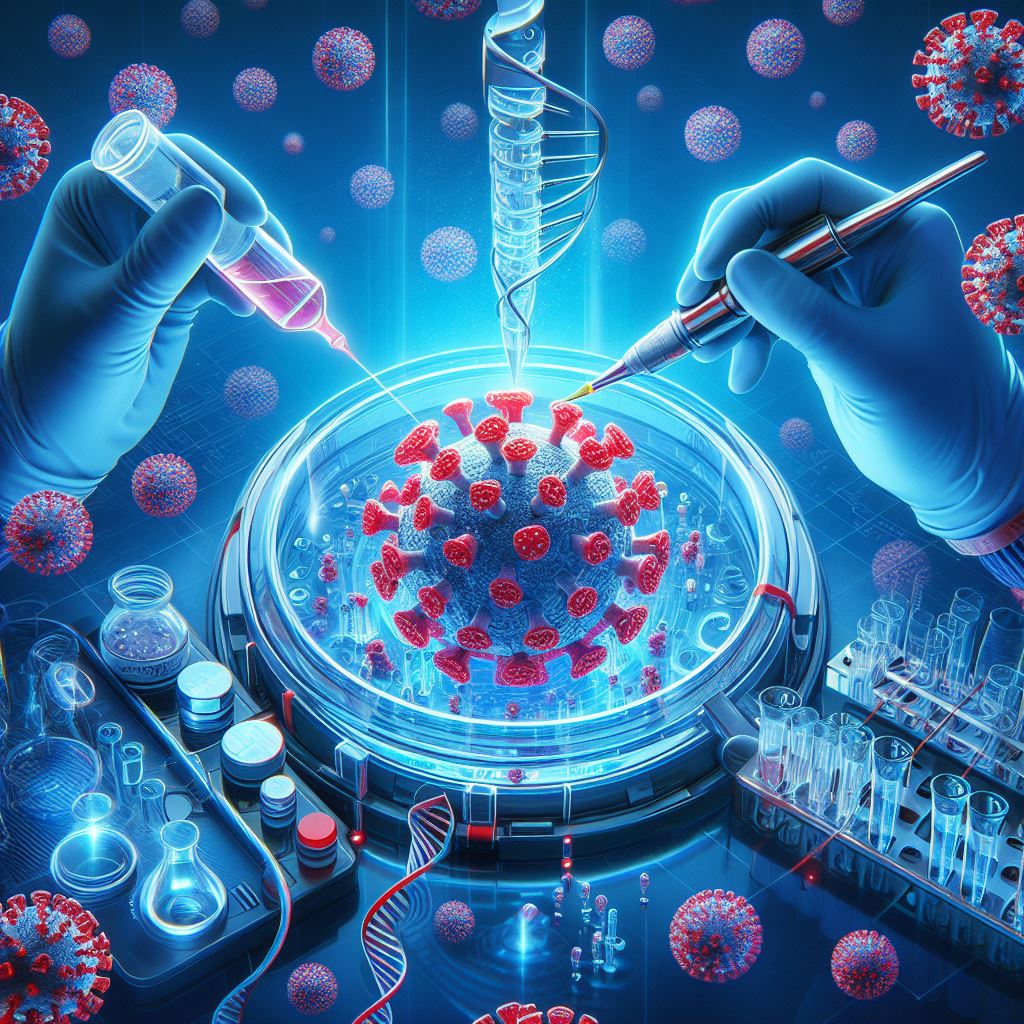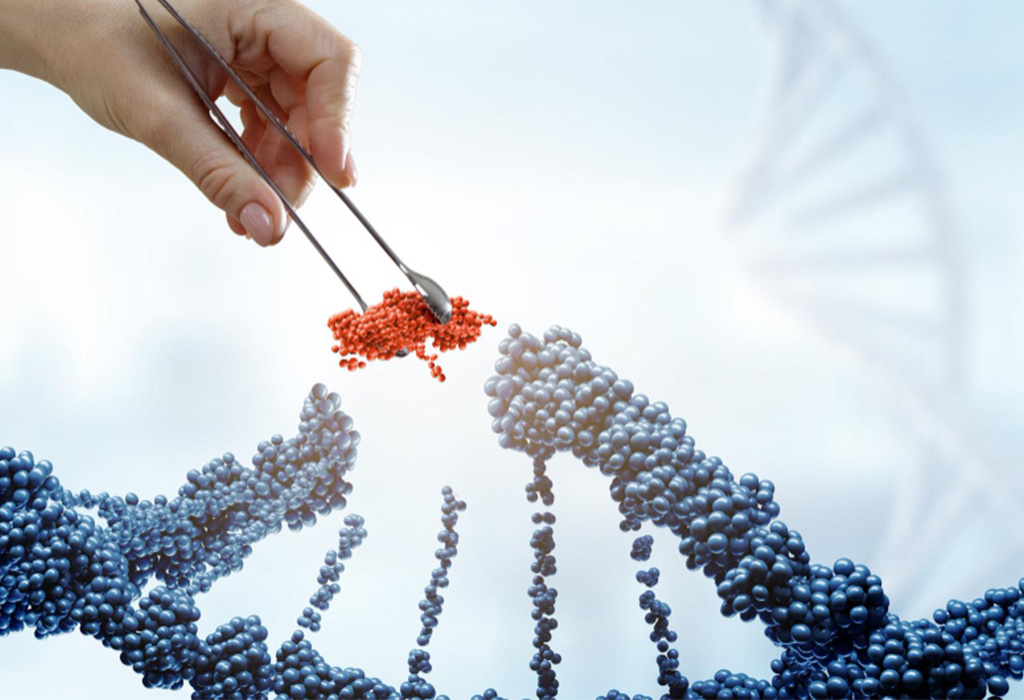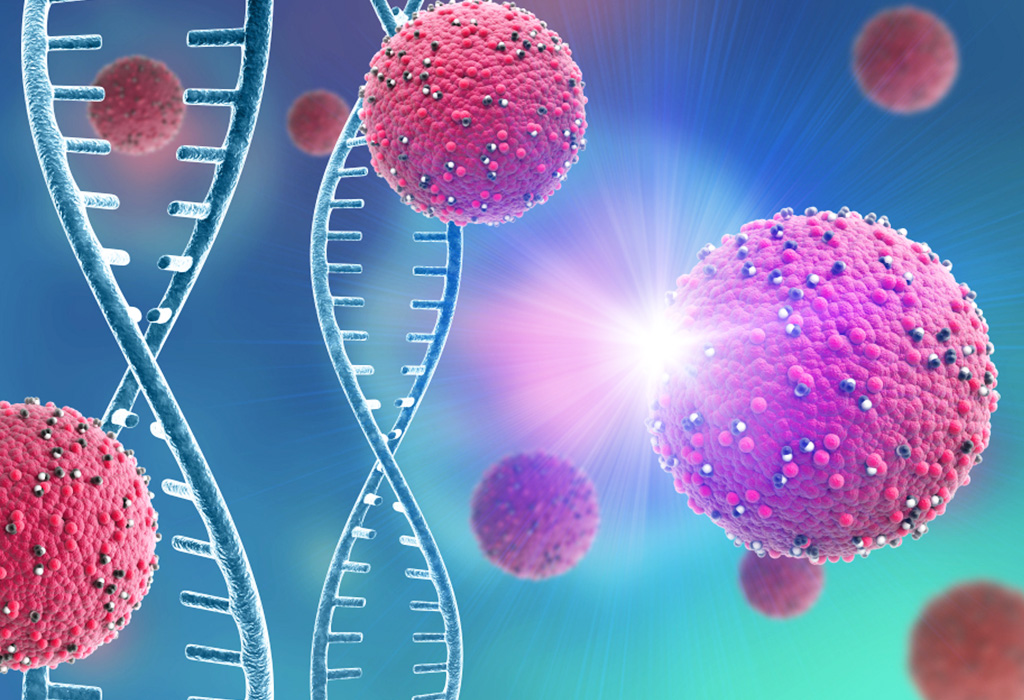In a groundbreaking achievement, scientists have announced a significant advancement in the fight against HIV, the virus that causes AIDS. Employing the revolutionary CRISPR gene-editing technology, researchers claim to have successfully eliminated HIV from infected cells. This breakthrough holds immense promise for the future of HIV treatment and potentially brings us closer to a cure.
CRISPR, likened to molecular scissors, operates at the fundamental level of DNA, enabling precise cuts to remove or deactivate undesirable genetic material. This technology has garnered widespread attention since its inception, earning its creators the Nobel Prize in Chemistry in 2020. Now, its application in combating HIV marks a pivotal moment in the ongoing battle against this formidable virus.
While existing HIV medications can effectively suppress the virus, they fall short of eradicating it entirely. The newfound ability to eliminate HIV from infected cells raises hopes for a more comprehensive treatment approach. However, scientists caution that this achievement is still in its early stages and must undergo rigorous testing to ensure safety and efficacy.
The team from the University of Amsterdam presented a synopsis of their preliminary findings at a recent medical conference, emphasizing that their work is a proof of concept rather than an immediate cure for HIV. Dr. James Dixon, an associate professor specializing in stem-cell and gene-therapy technologies at the University of Nottingham, echoes this sentiment, emphasizing the need for further research and development before this technology can be implemented as a viable therapy.
Despite the promising strides made by researchers, challenges persist on the path to a CRISPR-based HIV therapy. Dr. Jonathan Stoye, a virus expert at the Francis Crick Institute, notes the complexity of completely removing HIV from all potentially infected cells in the body. Concerns about off-target effects and long-term side effects also loom large, underscoring the necessity for cautious progress in this field.
HIV infects and targets immune system cells, exploiting their machinery to replicate and spread. Even with existing treatments, some infected cells enter a dormant state, harbouring HIV DNA and posing a risk of resurgence if antiretroviral therapy is discontinued. While rare cases of apparent “cure” have been reported following aggressive cancer therapy, such approaches are not feasible or advisable solely for HIV treatment.
While the road ahead may be challenging, the strides made by scientists in harnessing CRISPR technology against HIV offer renewed hope in the fight against this global health crisis. As research continues and technology advances, the prospect of a world without HIV grows ever closer, underscoring the profound impact of scientific innovation in transforming lives and shaping the future of medicine.
Join us on the 11th and 12th of June 2024 in London, UK, at the Cell & Gene Therapy World Summit 2024, where we bring together pioneers, experts, and innovators from across the globe to chart the future of cell and gene therapy. This premier event, part of the Cell and Gene Therapy World Series, offers a unique platform to delve into cutting-edge research, discuss emerging technologies, and address critical challenges facing the industry. From overcoming immunogenicity hurdles to optimizing manufacturing processes and navigating the complexities of commercialization, the summit promises insightful discussions, networking opportunities, and invaluable insights into advancing these groundbreaking therapies. Join us as we work together to unlock the full potential of cell and gene therapy and shape the future of healthcare. For more information visit our website: https://imapac.com/events/cell-and-gene-therapy-world-summit/





